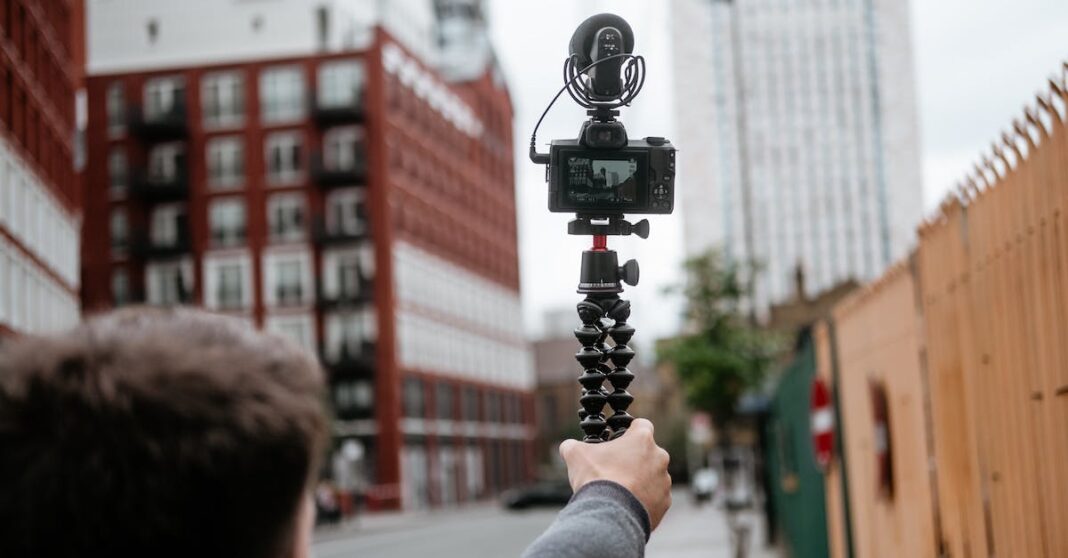Are you suffering from memory problems? There are many different causes of memory loss, all of which having a major impact on the quality of your life. Losing your memory can make you look like you are irresponsible or incompetent, cause you to perform poorly at your job, and cause you to let down those you care about. Here are some easy memory improvement tips.
Your memory is only as good as the effort you put in to maintaining it. If you believe that you have are eventually going to have a poor memory no matter what, then it can become a self-fulfilling prophesy. Give yourself positive reinforcement when you do recall something correctly and forgive yourself if you make a mistake. Your memory should begin to improve in no time. Of course, you also need to be eating and sleeping well – and go easy on the alcohol!
One of the most beneficial things you can do for your memory is exercising. Exercise brings better circulation, which means more oxygen to keep your brain functioning well. Keeping your body healthy will help you keep a hold of your memory. Exercise will also help to prevent debilitating diseases, like diabetes, that can negatively impact memory.
Eat more onions to improve your memory. A few studies have isolated fisetin to be of great benefit in improving the long term memory. You can find beneficial levels of fisetin in onions, strawberries, mangos and other plants. It also is a strong antioxidant so it will deliver other benefits to your body as well.
Try to stay away from pills that promise to help improve your memory. Most of the time, these pills are not effective and could cause you physical problems. Instead, you may want to look into supplements like Niacin, Thiamine, and Vitamin B-6. They all help to improve the part of the brain that deals with memory.
When trying to memorize new information, take the time and effort to think about how this unfamiliar material relates to something that you already know and understand. By finding a relationship between new concepts and previously learned material, you will increase the likelihood of committing the new information to memory.
Organizing your immediate environment will make it easier for you to remember things! Keeping your keys, wallet, cell phone and other frequently used articles all together in the same place will prevent you from having to remember where they are. Since scent can improve memory, keep your favorite scented candle in this same central location! All of this will improve your memory and save you much stress and hassle.
A memory technique that works for many people is the listen, write and read method. Basically what this entails is really listening to what is being said. While listening, make notes about the material that is being shared. At a later time, read the notes again. With this technique, you are actually reviewing the information three times which aids in cementing the information in your memory.
A great tip that can help you improve your memory is to start limiting how much alcohol you drink. Drinking too much alcohol can destroy many brain cells over time, which can severely impair your cognitive functions, such as memory. Limit your alcohol to only one or two drinks a day.
When learning an abundance of new information all at once, it is important to take breaks, even if it is just for five minutes at a time. Letting your mind relax for a few minutes will keep it fresh so that you are able to absorb all of the information.
A great way to help you improve your memory is to start taking alternative driving routes. Taking different routes will keep your mind active by keeping you guessing and alert. Keeping your mind active like this can go a long way in improving your ability to remember things.
If you have trouble remembering words or names, try repeating them out loud. For instance, if you are introduced to a new person, repeat their name back to them by saying something like “Nice to meet you, Susan.” This simple tip will help to cement the word or name in your mind, so you can easily recall it when you need to.
If you suffer from loss of memory, be sure to see a psychiatrist or therapist. Memory loss can be a sign that you suffer from anxiety or depression, and you may not even know it. If you do have anxiety or depression, treating it could be the key to you getting your memory back.
The information you have just read should prove invaluable in helping you improve your memory and, in fact, your cognitive function over all. Doing this will make your life better in many aspects, from your job to your home life to your personal relationships. Now that you have read this article, get out there and try something new to improve your memory.




